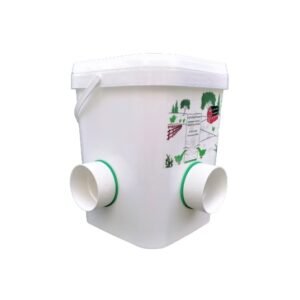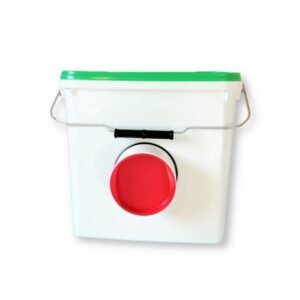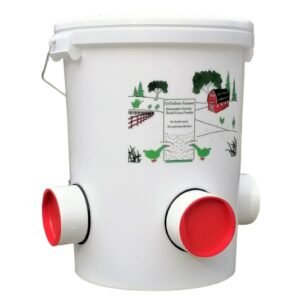Botulism is a severe paralytic disease caused by the toxin of Clostridium botulinum bacteria. Type C botulism is most common in waterfowl, causing significant mortality in both wild and domestic duck populations.
SYMPTOMS
CAUSES
PREVENTION
TREATMENT
Symptoms
- Primary Manifestations in Ducks:
- Progressive muscle paralysis
- Inability to hold head up (“limberneck”)
- Paralyzed legs and wings
- Difficulty breathing
- Drooping eyelids
- Death from respiratory failure
- Paralysis of neck muscles
Causes
- Primary Causes:
- Ingestion of toxin-containing material
- Decomposing organic matter in water
- Maggots from decaying carcasses
- Stagnant water conditions
- Environmental Factors:
- Warm temperatures
- Low oxygen levels in water
- Presence of decomposing vegetation
- High pH levels
Prevention
- Water Management:
- Regular water circulation
- Prompt removal of dead animals
- Water quality monitoring
- Prevention of algae buildup
- Environmental Control:
- Regular cleaning of ponds
- Proper disposal of carcasses
- Maintaining water depth
- Reducing organic matter
- Management Practices:
- Regular monitoring
- Quick removal of sick/dead birds
- Proper feed storage
- Clean drinking water sources
Treatment
- Immediate Actions:
- Remove from contaminated source
- Provide clean water and environment
- Supportive care
- Medical Treatment:
- Antitoxin administration (if available)
- Fluid therapy
- Force feeding if necessary
- Nursing care
- Recovery Support:
- Quiet, protected environment
- Easy access to water and food
- Regular monitoring
- Prevention of secondary complications
Conclusion: Botulism can cause significant losses in duck populations. Prevention through proper environmental management is the most effective control strategy.This disease requires immediate attention and proper management to prevent widespread outbreaks in waterfowl populations.


